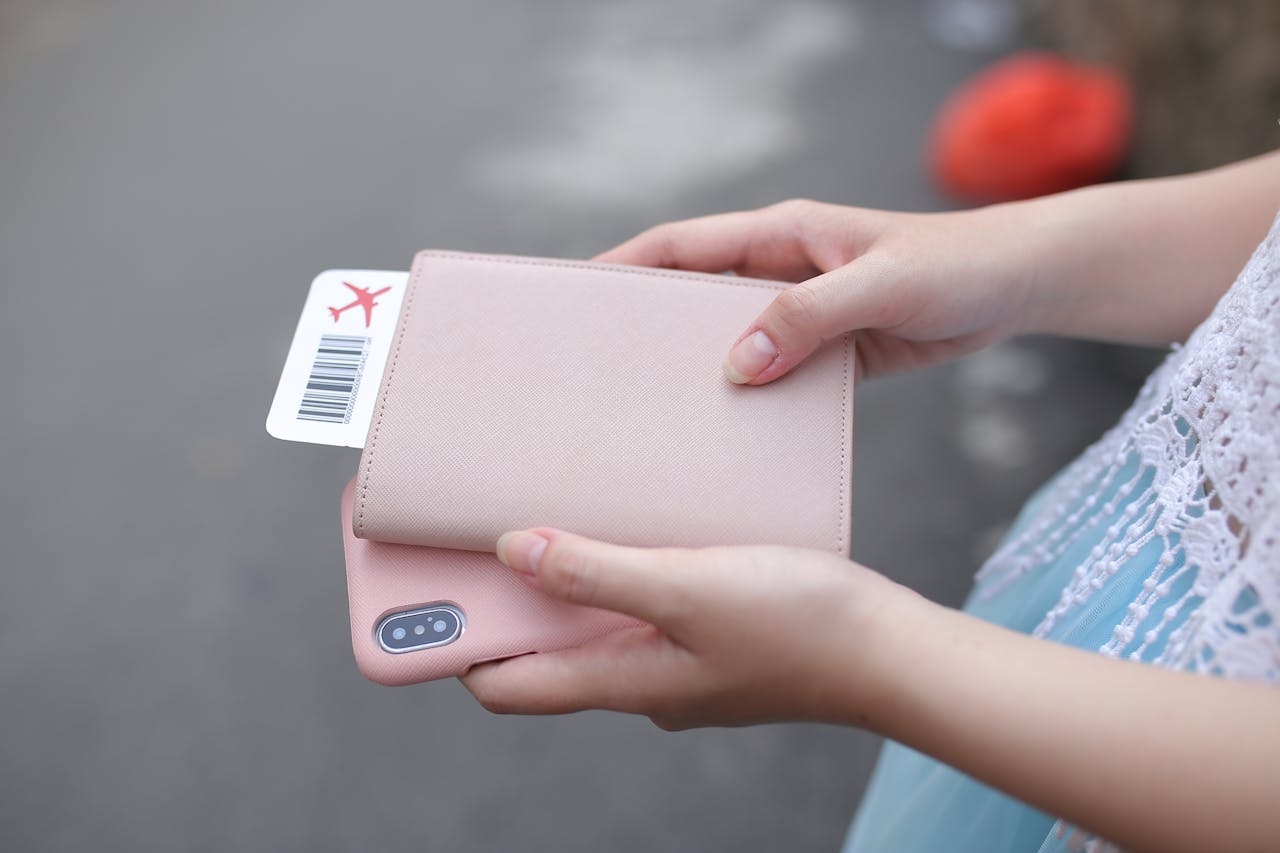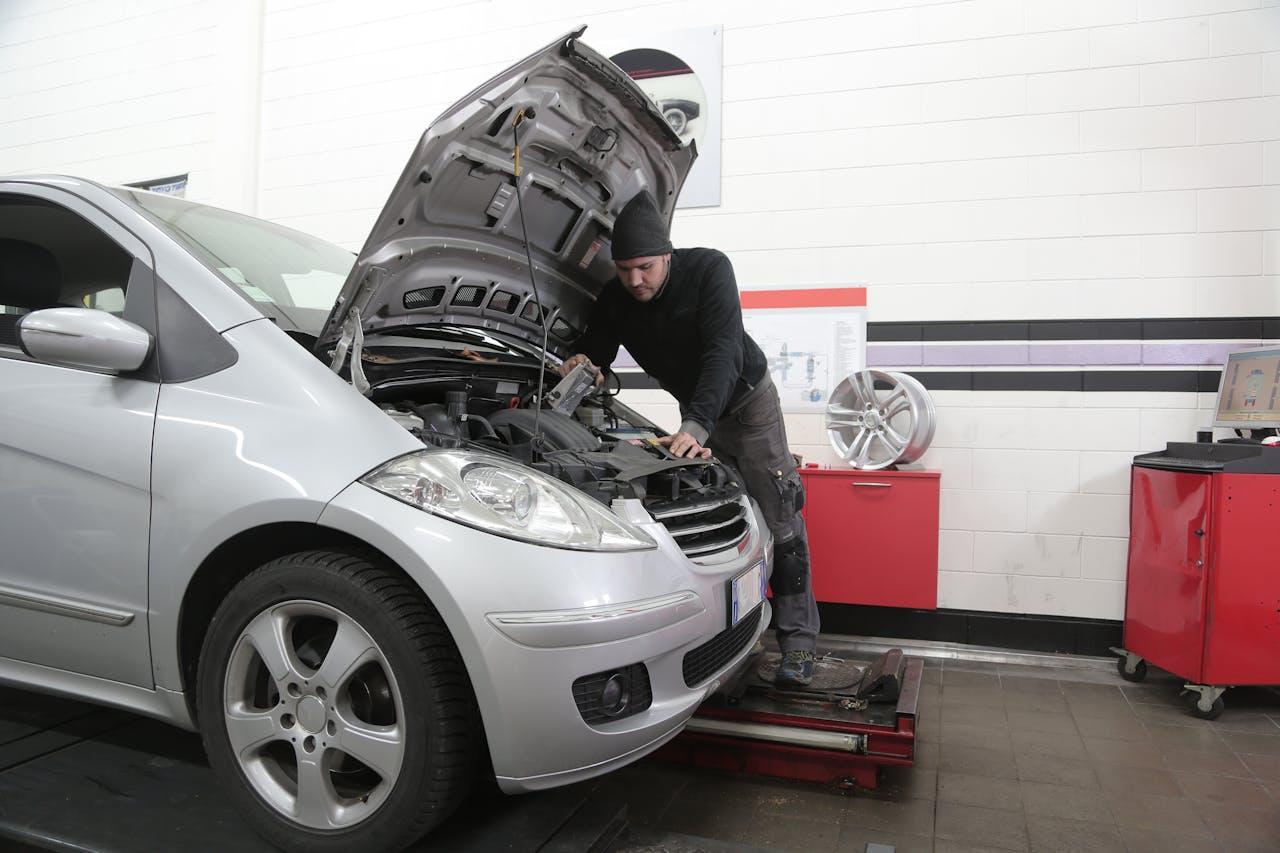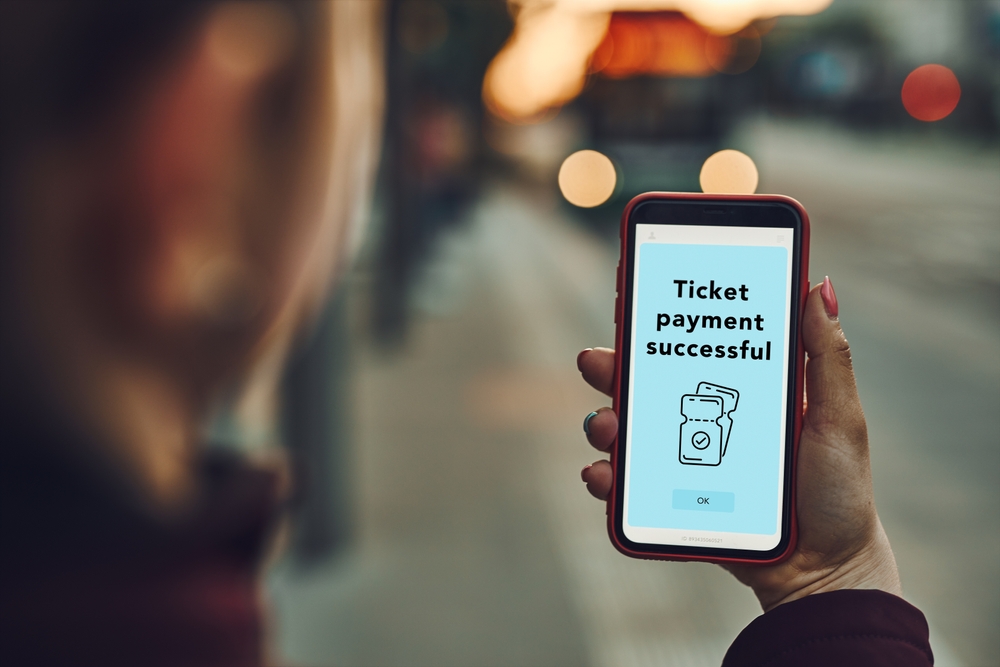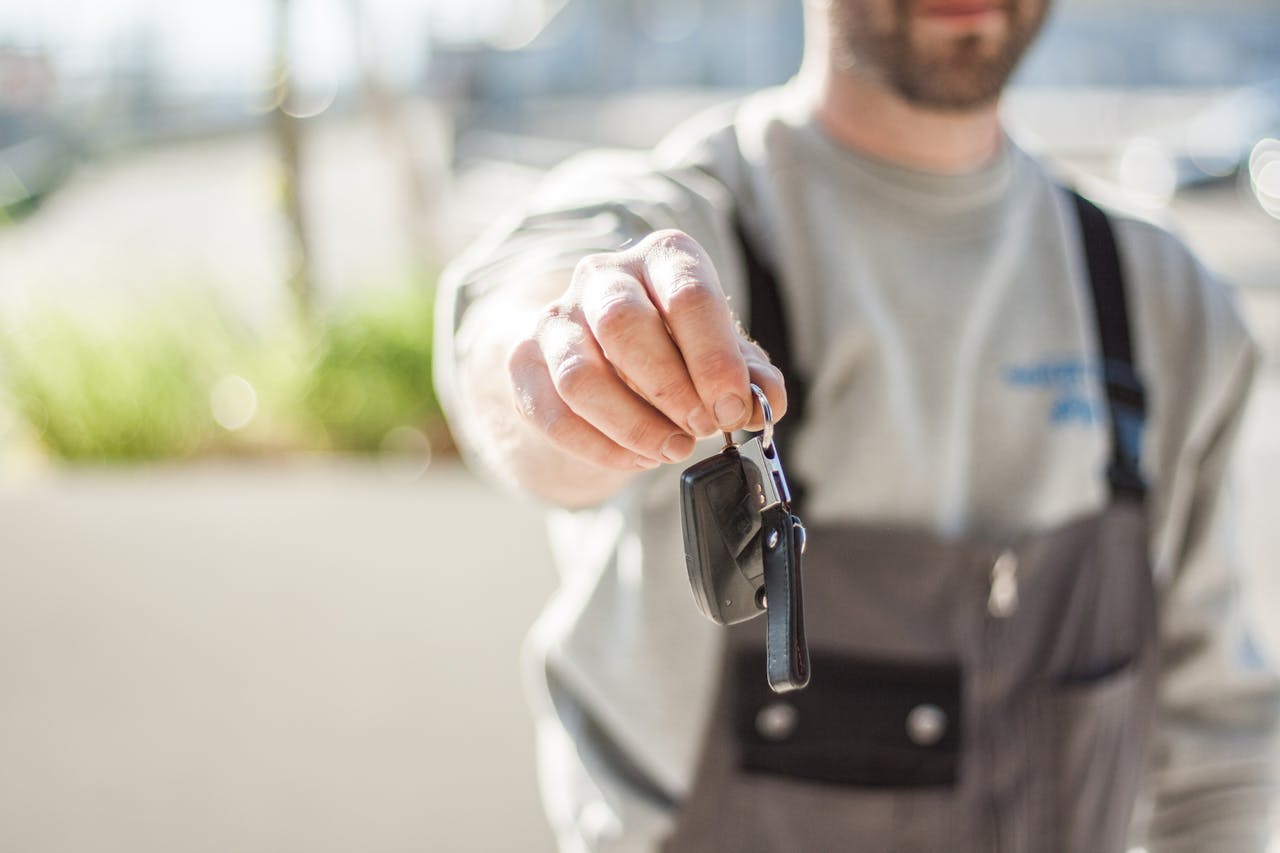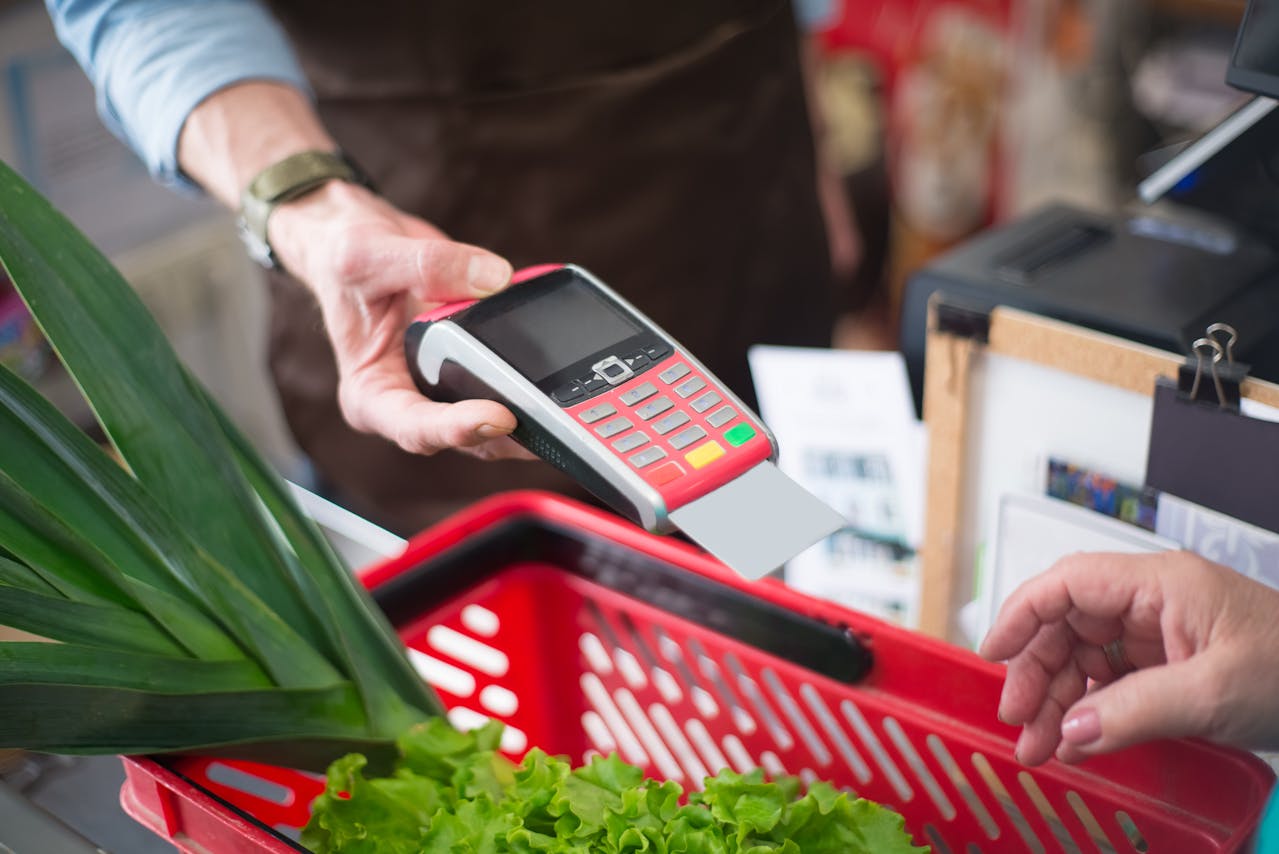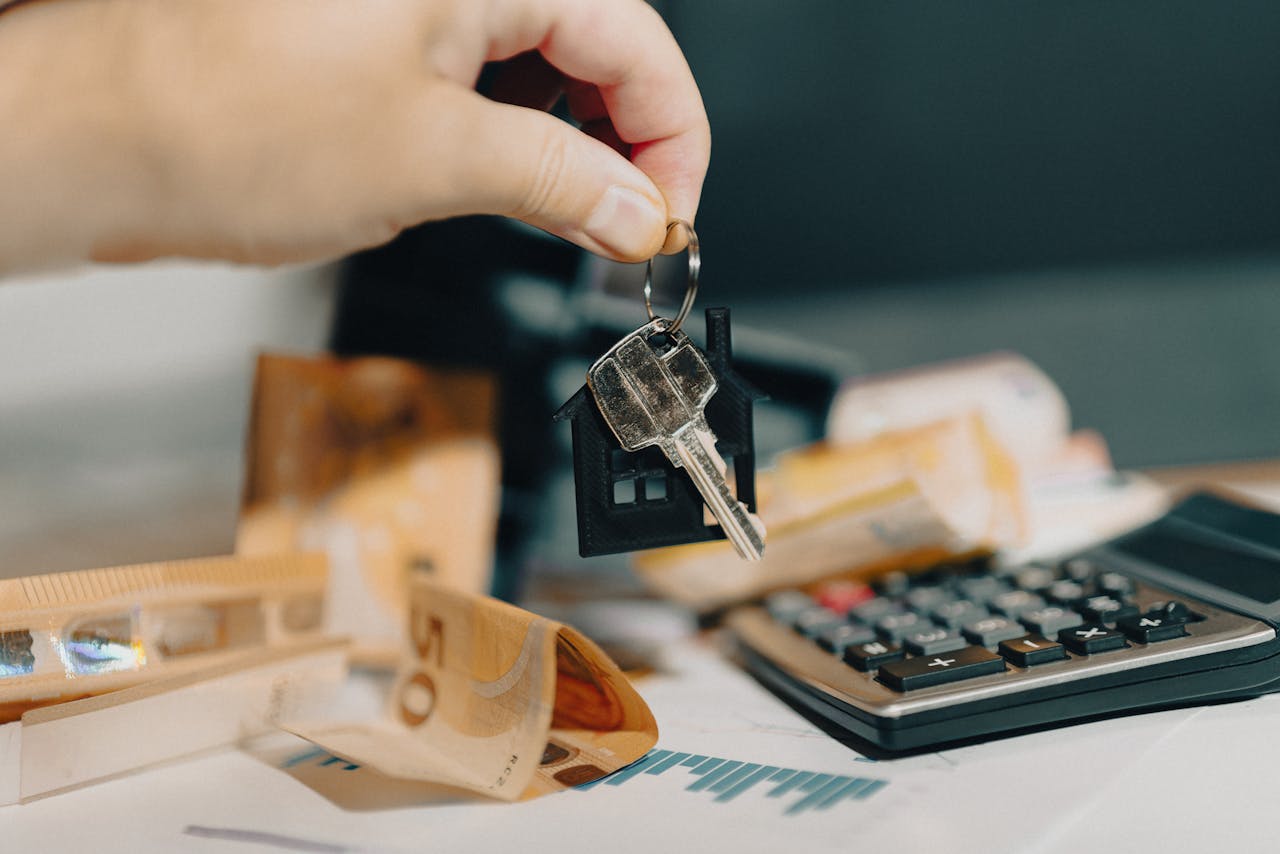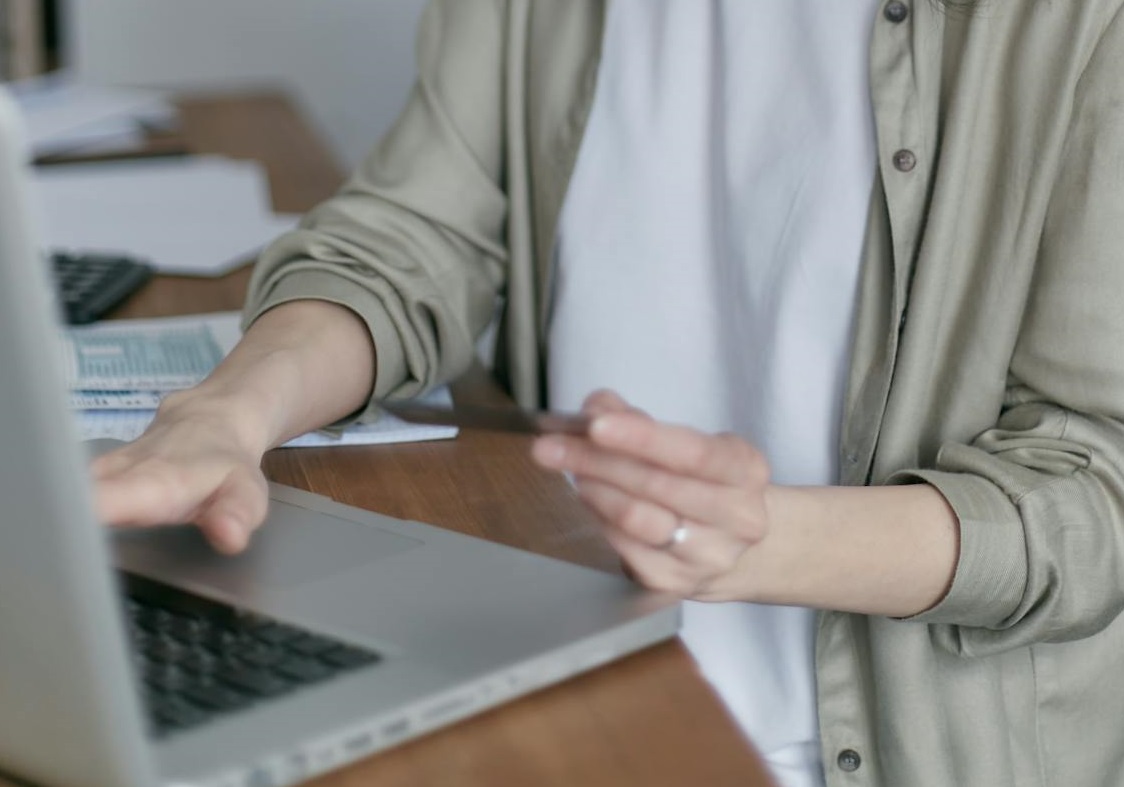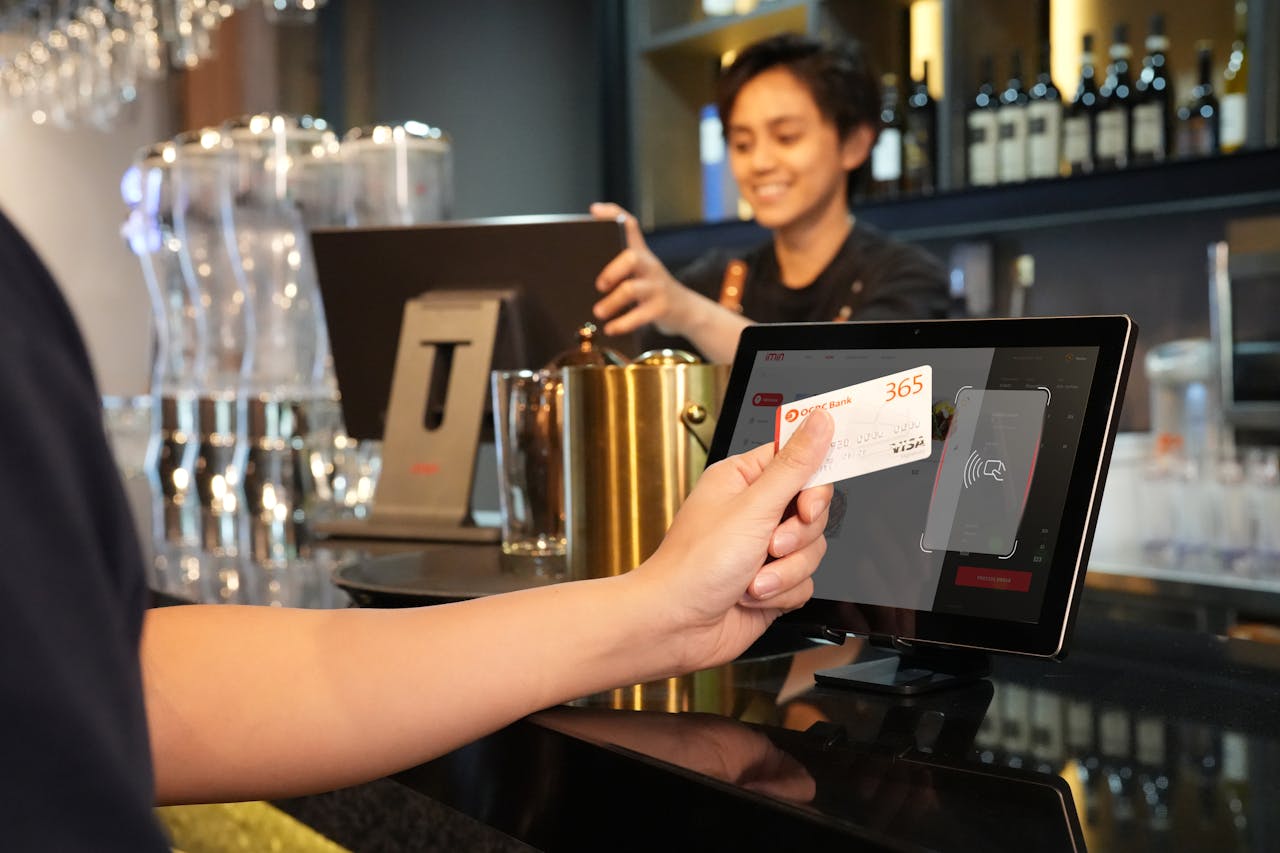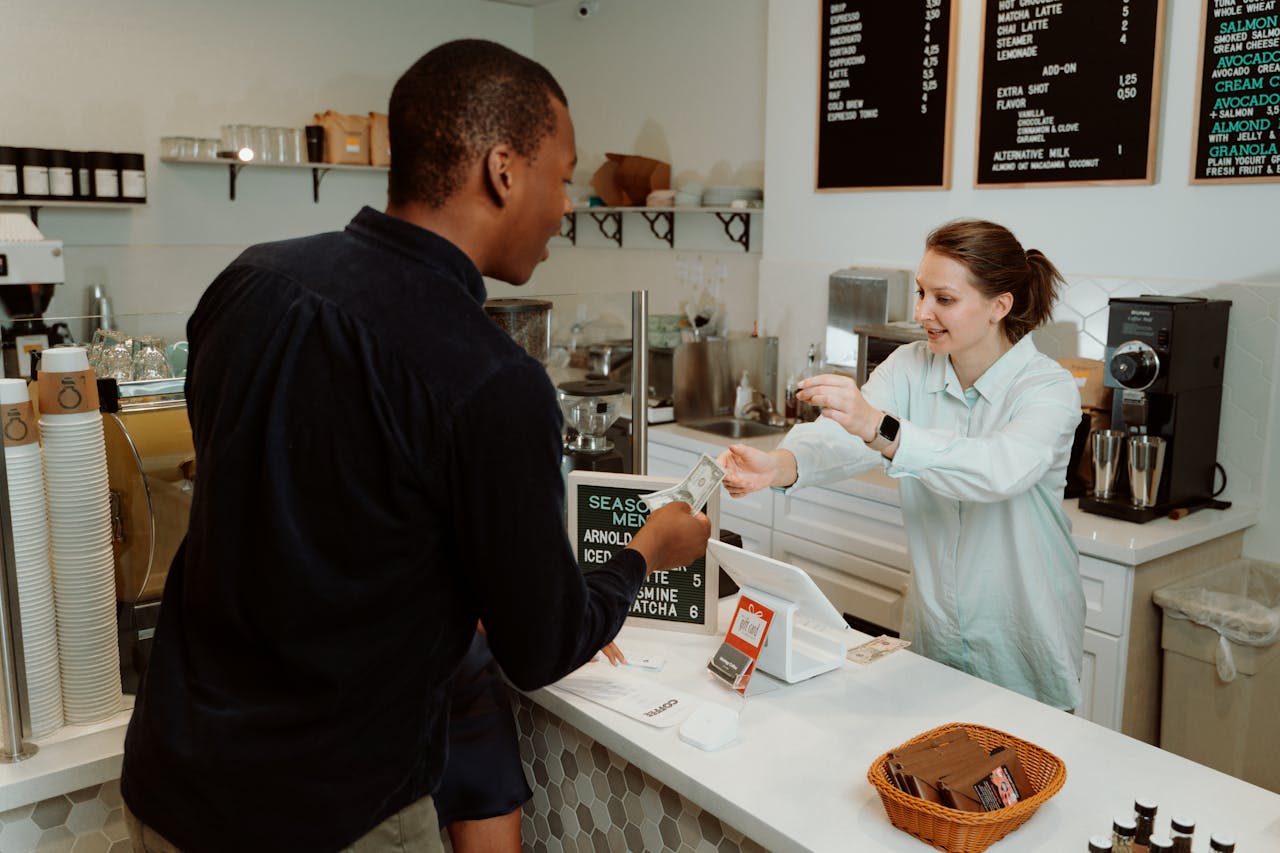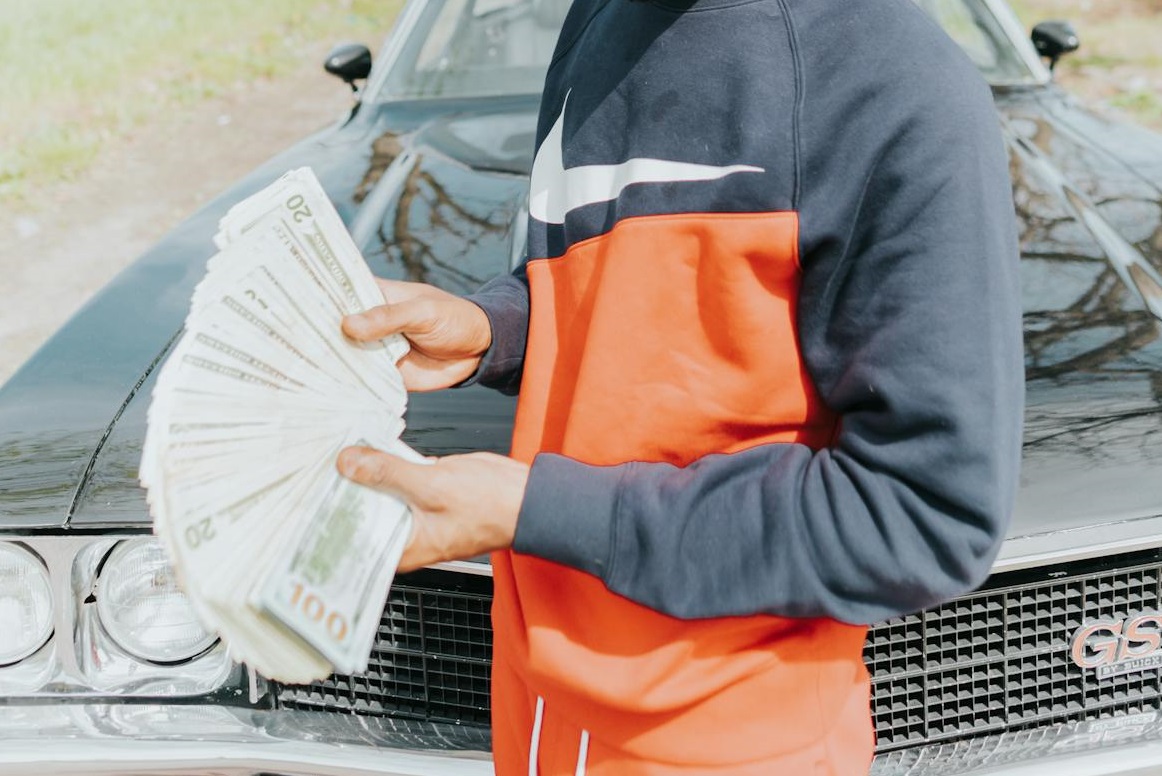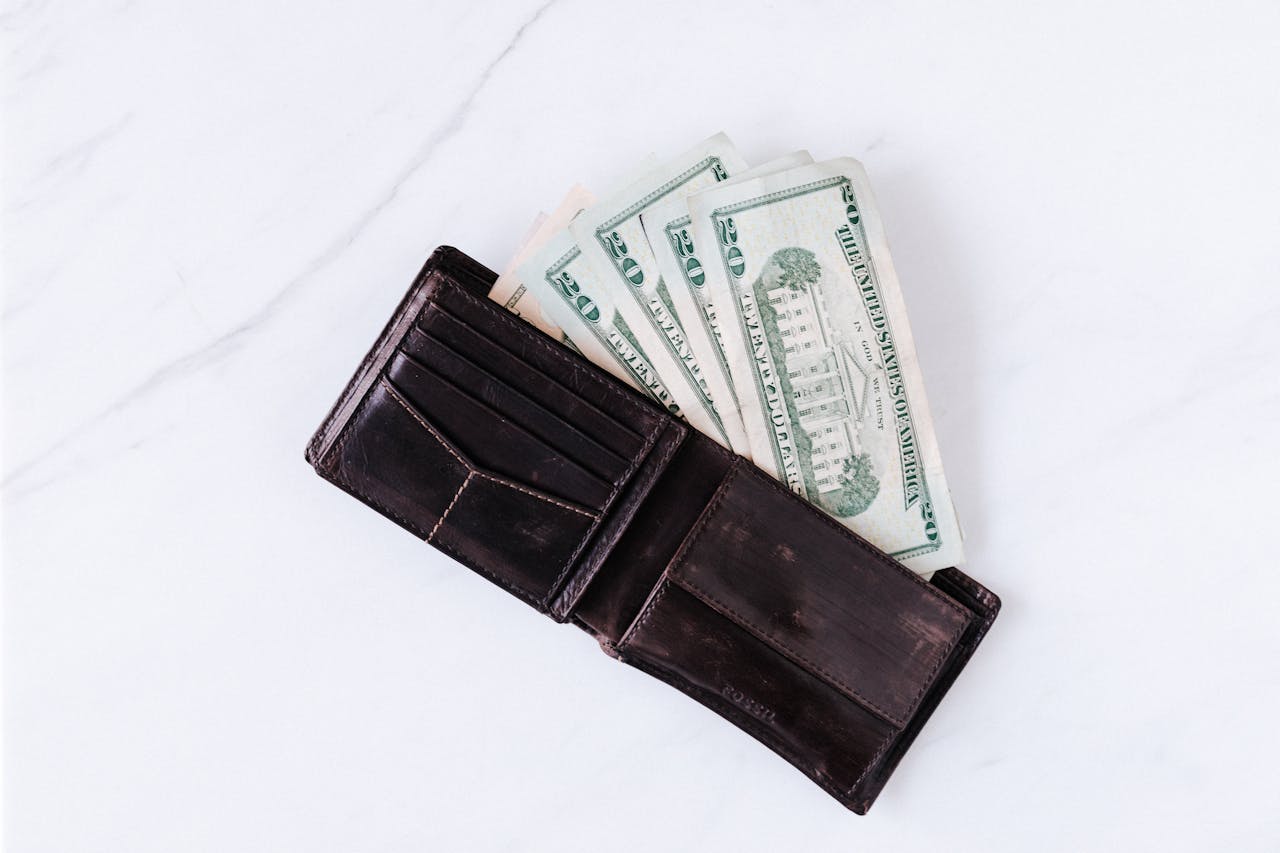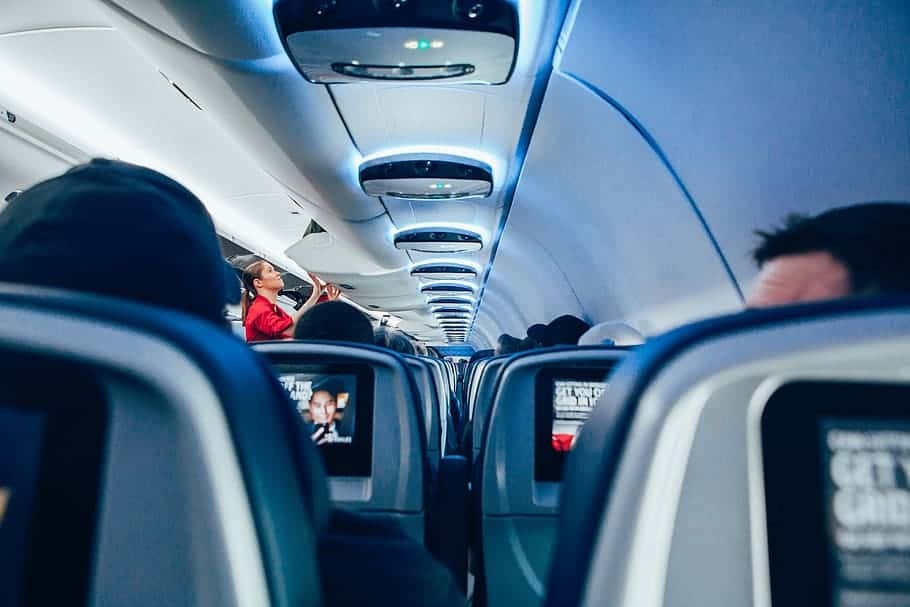Items You Should Never Pay For With Cash And Why
When it comes to paying for things, sometimes using cash is the perfect way to make a payment—other times, cash is not king and can be the worst thing you could use to pay for an item. Let's see which items you should never use cash to pay for.
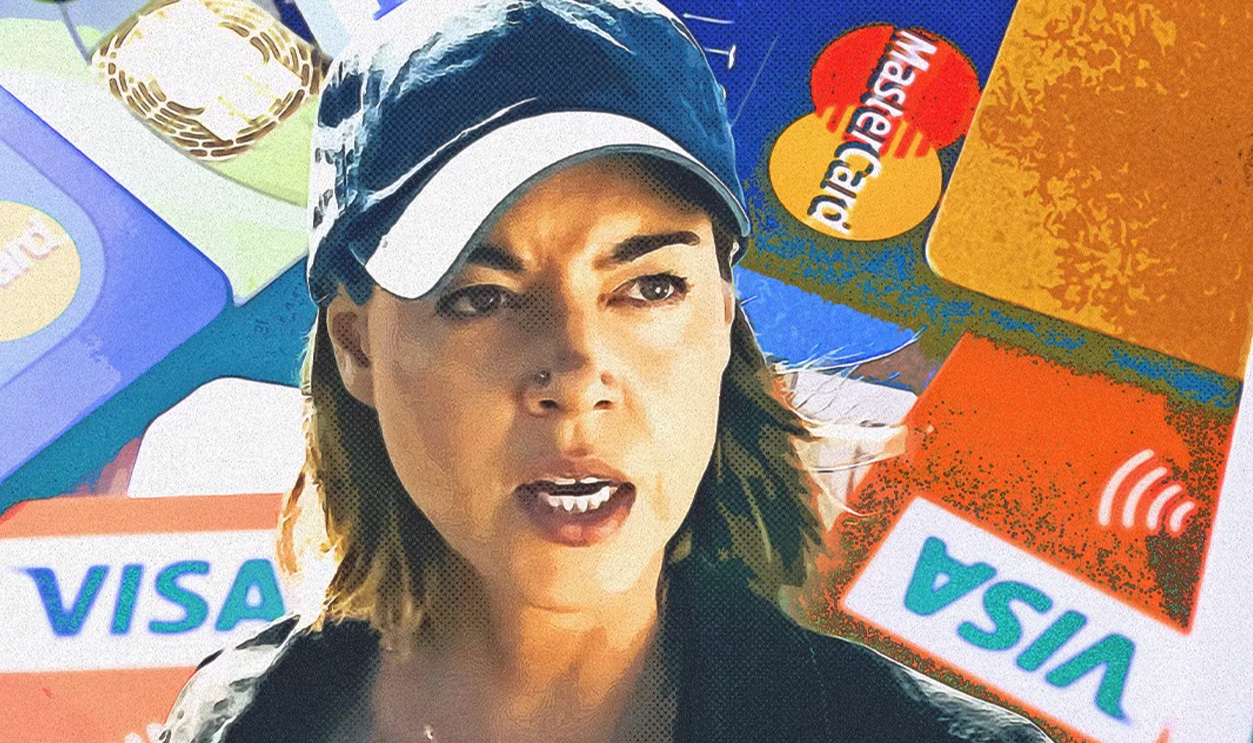
When Should You Not Use Cash?
While "cash is king" is a common phrase, there are a few reasons why not using cash may be advisable.
When You Want An Electronic Record Of A Transaction
When you use your debit or credit card to pay for anything, there's an electronic record of that purchase. It's a permanent record stored in multiple places—your bank account, the bank account of the business you paid, and your online banking statements, as well as with the company that handles your credit cards. If you want or need an electronic transaction record, it's best not to use cash.
When You Want To Claim Something As An Expense
If you own your own business or work for a business that offers you an expense account or offers to expense a particular item, use your debit or credit card to pay for an item and receive a receipt that confirms the purchase (you can do this with cash, too, but it's easier with cards because of the record that's kept of the payment). This is often the easiest way to pay for something.
When You Don't Want To Make Exact Change
Paying for things in cash and coins can be cumbersome. You have to go to your bank, withdraw the cash, ensure you have the right amount (and, if necessary, the exact change), and then make a payment. With card-based payments, it's often as simple as "tapping" your card into the card reader or inputting your PIN, and the payment is made.
When You Need Extra Security That You Can Get Your Money Back
Paying for an item in cash sometimes means that the payment is untraceable. Unless you're provided with a paper transaction receipt, the other party could deny they ever received the cash, and you have very little recourse to get your money back. By paying for things with a credit or debit card, the electronic records of the payment will be sufficient proof, should things ever go to a small claims court.
When You Want To Make Very Large Purchases
Your bank will likely have an upper limit on how much cash you can withdraw from an ATM in a single day. Usually, it is around $1,000, but you can set it to whatever you want. Any large amounts of over $5,000 will require you to go to your branch and request the cash withdrawal. Large cash purchases could also signal to law enforcement or the taxman that something nefarious is happening, even if you're making legitimate purchases.
When You're Trying To Improve Your Credit Score
Improving your credit score is a good time to pay for things with your credit or debit card. Particularly for automatic payments that help raise your score, like consistently paying your utility bills, rent, or car payment on time.
What Are Things You Should Never Use Cash To Pay For?
Now that you know when you should avoid using cash, let's discuss some items you should always pay for using your debit or credit card.
Business-Related Purchases
If you run your own business, you must use electronic banking and/or card payment methods when paying for business-related items. That new desk you bought for your home-based business? Or that new shelf for your store? If there isn't a receipt that proves the purchase and an electronic record, the IRS will likely not accept it as an item you could claim on your taxes.
Travel Purchases
Certain credit card companies will offer incentives for you to make travel-related purchases using their cards, like free airline travel miles with certain purchases or certain points that you can accrue to pay for specific items. Using a travel credit card (with a hard limit) might allow you to pay for your flight home if you're strategic about what you buy and when.
Electronics-Related Purchases
Suppose you want to make a large purchase of an electronic item. In that case, your credit card company will offer incentives like interest-free financing, cash-back rewards, or even an extended warranty.
 ORION PRODUCTION, Shutterstock
ORION PRODUCTION, Shutterstock
Auto Repairs
This can go either way—sometimes, it can be beneficial for the small-time mechanic to be paid in cash). Still, sometimes auto repairs should be paid for with a credit card, particularly if the mechanic has made a mistake that needs to be rectified.
Home Repairs
For a similar reason to why you want to pay a mechanic with a card, additional protections are afforded if you use your credit or debit card when paying a contractor.
Event Tickets
Whether going to a music concert or a sporting event, the increasing number of online and offline fraudulent ticket sellers means your money is less safe if you pay with cash. By using a card for payment, you can far more easily dispute the transaction and get your money back than if you pay using cash.
Car Rentals
When paying for car rentals, the protection you get when paying by card goes both ways. The car rental company knows that they're protected and can take any damages right off your credit card, and you're protected from theft or collision if you use a card.
Groceries
While it can be a good idea to pay for your groceries using cash (as it keeps you on budget), you can also reap the cashback rewards (sometimes as high as 5%!) by paying for groceries using your credit card.
Rent
While paying your rent in cash offers some security (the transaction happens quickly, and there's little room for electronic mishaps), it can also be risky. If you pay in cash, your landlord must provide a receipt. Then, you have to worry about carrying that large amount of cash around on the day your rent is due. Instead, pay for your rent using a debit card.
Utility Bills
Using a credit card to pay for regular utility bills, such as water or power, can be a great way to earn cashback rewards without noticing. Setting up automatic payments from a credit card can also boost your credit score, particularly if you're diligent about paying the card off.
Monthly Subscriptions
Another fire-and-forget option for using your cards is monthly subscriptions. Not only is it a simple way to earn money via cashback rewards, but your credit card company may also offer extra incentives and rewards for those subscriptions, like a free meal kit or a free month of whatever streaming service you use.
Restaurants
If you're all about collecting reward points, paying for food at a restaurant is a good thing to use your card for. Some credit cards will offer double or triple rewards for using their cards at specific restaurants.
Car Payments
Unless you're buying a beater car for less than $5,000, if you're going the financing route for a newer vehicle, making those car payments in cash may be a good idea. If you can take advantage of a good low interest rate time in the market, you'll earn compound interest while minimizing the interest cost on your declining balance.
Buying A House
Sure, it's unlikely that you'll have the money to buy a house outright in cash. That's a lot of cash. But, if you do decide to pay for a house in cash, you'll miss out on a mortgage-specific tax break that could be an excellent investment in your future home.
Large Appliances
Similarly to electronics, credit card companies can offer incentives to pay for large appliances using your credit card—for example, purchase price protection and/or additional insurance coverage.
When Should You Use Cash?
We accept that there are some things for which cash is the king. It's not often these days, but sometimes, using cash is necessary.
Small Purchases
You can use your cash for that morning coffee or the donut you bought yourself as a lunch treat. Over time, you'll figure out how much cash you'll need for your daily brew, so bring that along, plus a tip for your favorite coffee shop.
Used Cars
You should pay cash if you're buying a beater car for less than $3,000. Using a credit card has no additional benefits.
At Farmer's Markets
You'll likely find that most farmer's market vendors don't accept debit or credit cards because they don't want to deal with the overheads and additional fees. Always have a good amount of cash handy when you attend your local farmer's market; it's one of the best payment methods for supporting small businesses.
When Traveling To Remote Parts Of The World
Not everywhere has electronic payment systems. Cash is the currency of the day, particularly in more remote or less "modern" parts of the world. Just ensure that you convert your existing dollar into the local currency.
Cash Can Still Be Useful, Just Not For Everything
Carrying cash with you wherever you go is always a good idea. Sometimes, electronic money systems go offline, are the victims of hacking, or can experience other interruptions in service. Cash on hand is great in a pinch—but give yourself a carrying limit of $200. Enough to get you out of a hole, but not enough to go wild and blow it all on hats, as they say.
What was the last thing you used your credit card to pay for? What are the benefits you've received from using a credit card versus paying for items in cash? Discuss and debate cash-versus-plastic in the comments below.











